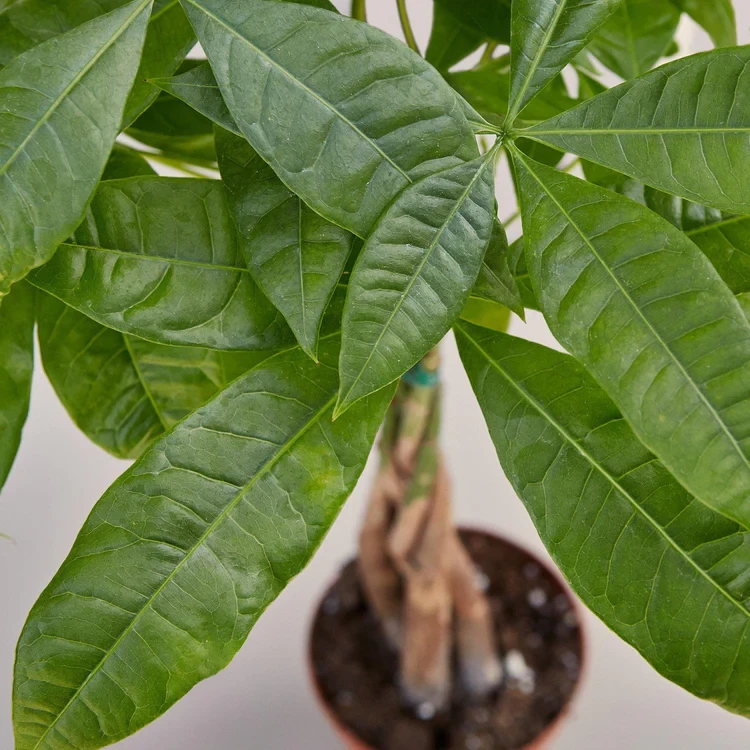
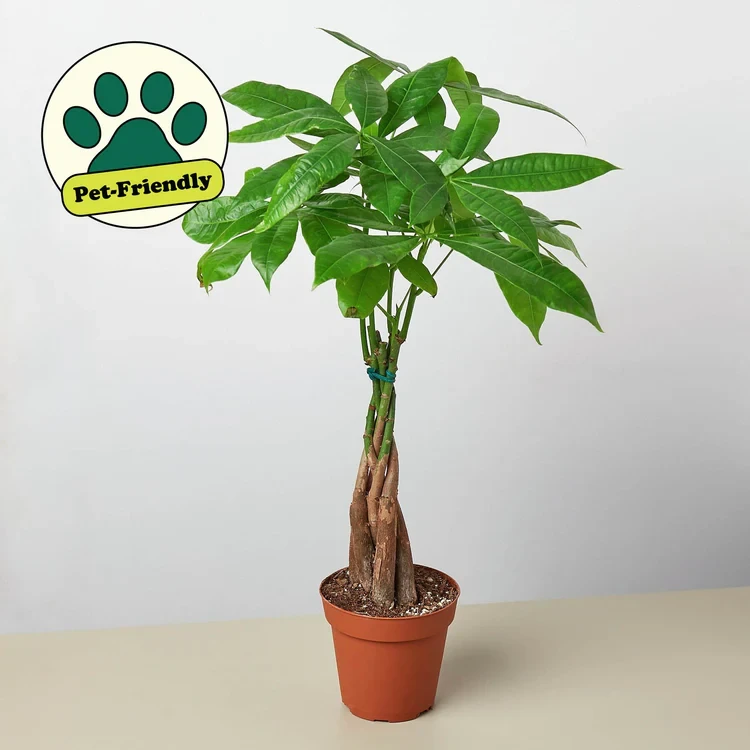
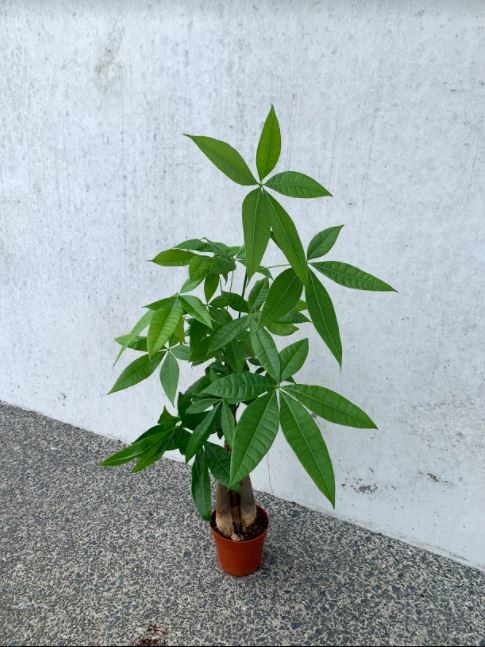
Money Tree 'Guiana Chestnut' Pachira Braid
Approx $22.24 USD Normally: $45.99
Normally: $45.99
Botanical Name: Pachira aquatica
Common Name(s): Guiana Chestnut, Money Tree
Description: Native to central and South America, the Money Tree is a braided tree that can grow up to 6-8 feet indoors or be trained as a bonsai. In east Asia, the Money Tree is often used by those who practice Feng Shui to bring positive "Chi", or energy, into the room, thus being a popular housewarming gift. On top of that, it is a hardy plant that requires relatively low maintenance. It can tolerate direct sunlight, but prefers bright indirect light, lots of water, and warm temperatures.How to Grow and Care for the Money Tree
How to Keep Your Money Tree Thriving Indoors
By CORI SEARS Updated on 12/19/23We love plants.0 of 3 minutes, 2 secondsVolume 0%00:0003:02 IN THIS ARTICLE
The money tree is a species native to Central and South America that has become an attractive, easy-care houseplant thanks to its hardy nature. First popularized as a houseplant in Taiwan during the 1980s, the money tree is prominent among those who practice feng shui and is believed to create positive “chi,” or energy.
Most commonly, money trees are sold as small plants with a braided trunk made up of three, five, or seven stems. The trees are braided at the nursery when they are young and will continue to grow this way as they mature.
The trees will grow quickly indoors or outdoors, often adding up to 24 inches a year in height.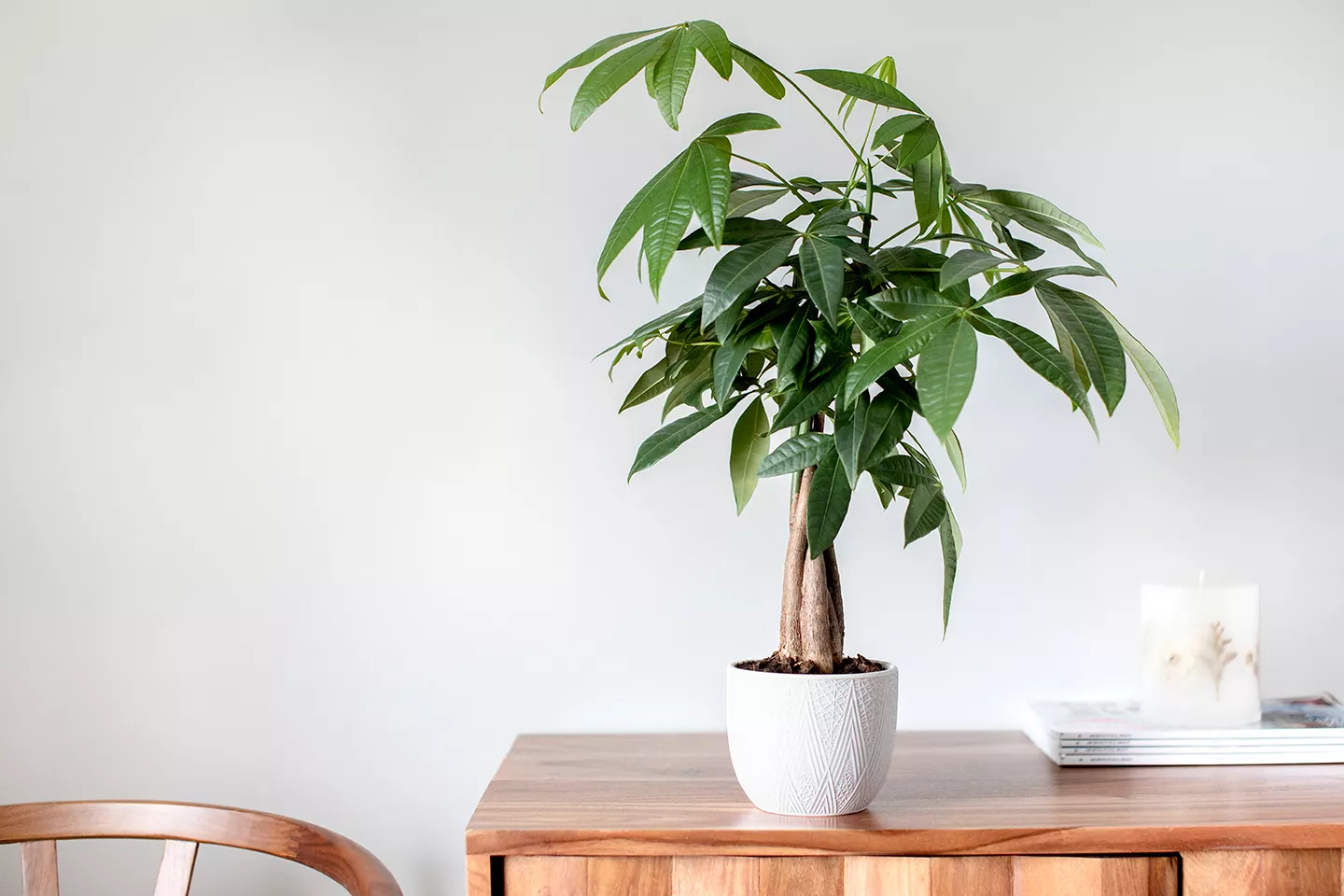
The Spruce / Kortney Gloska
| Common Name | Money tree, Guiana chestnut, Malabar chestnut |
| Botanical Name | Pachira aquatica |
| Family | Malvaceae |
| Plant Type | Tree |
| Mature Size | 6-8 ft. tall and wide |
| Sun Exposure | Full, partial |
| Soil Type | Moist but well-drained |
| Soil pH | Acidic, neutral |
| Bloom Time | Spring |
| Flower Color | Yellow, white |
| Hardiness Zones | 10-12 (USDA) |
| Native Area | Central America, South America |
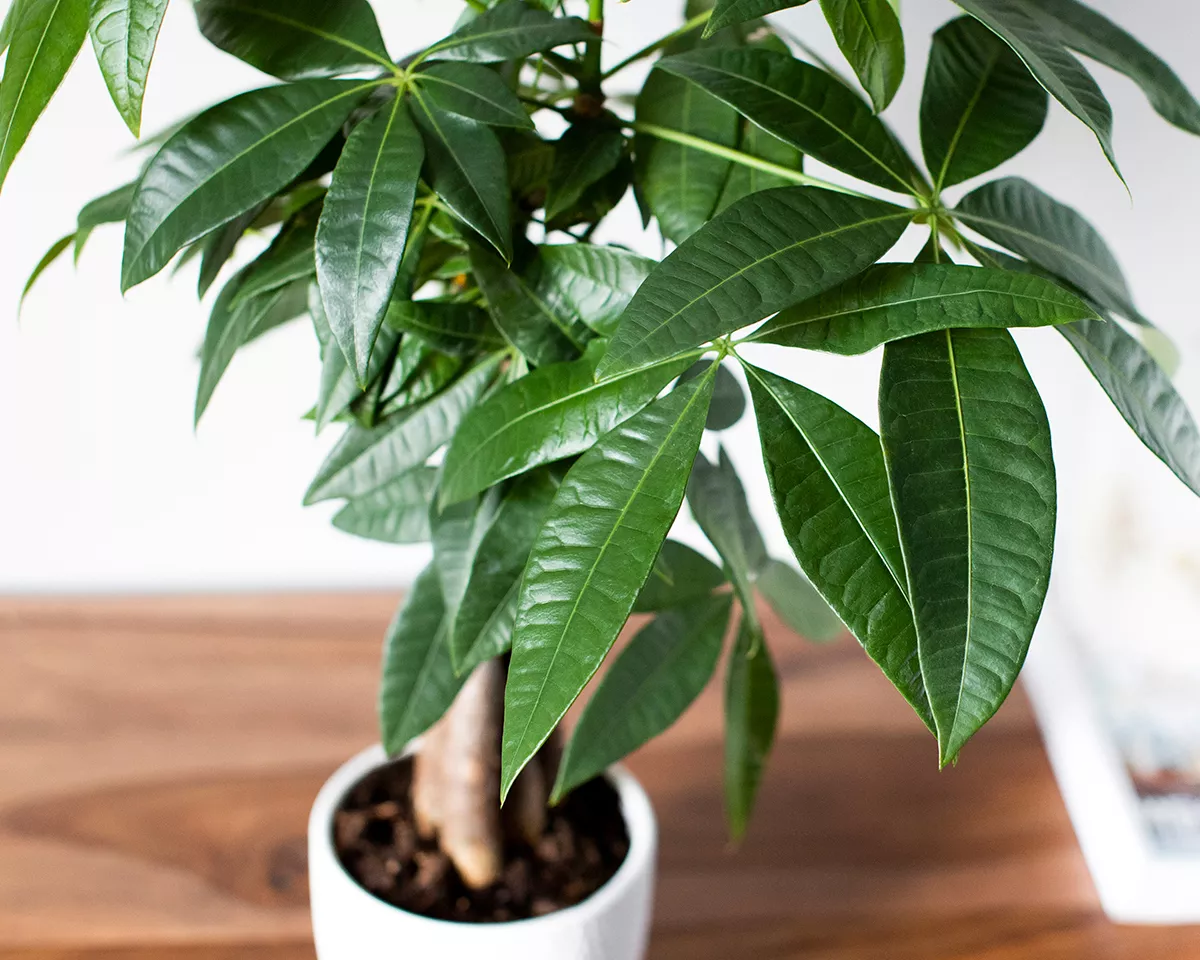
The Spruce / Kortney Gloska
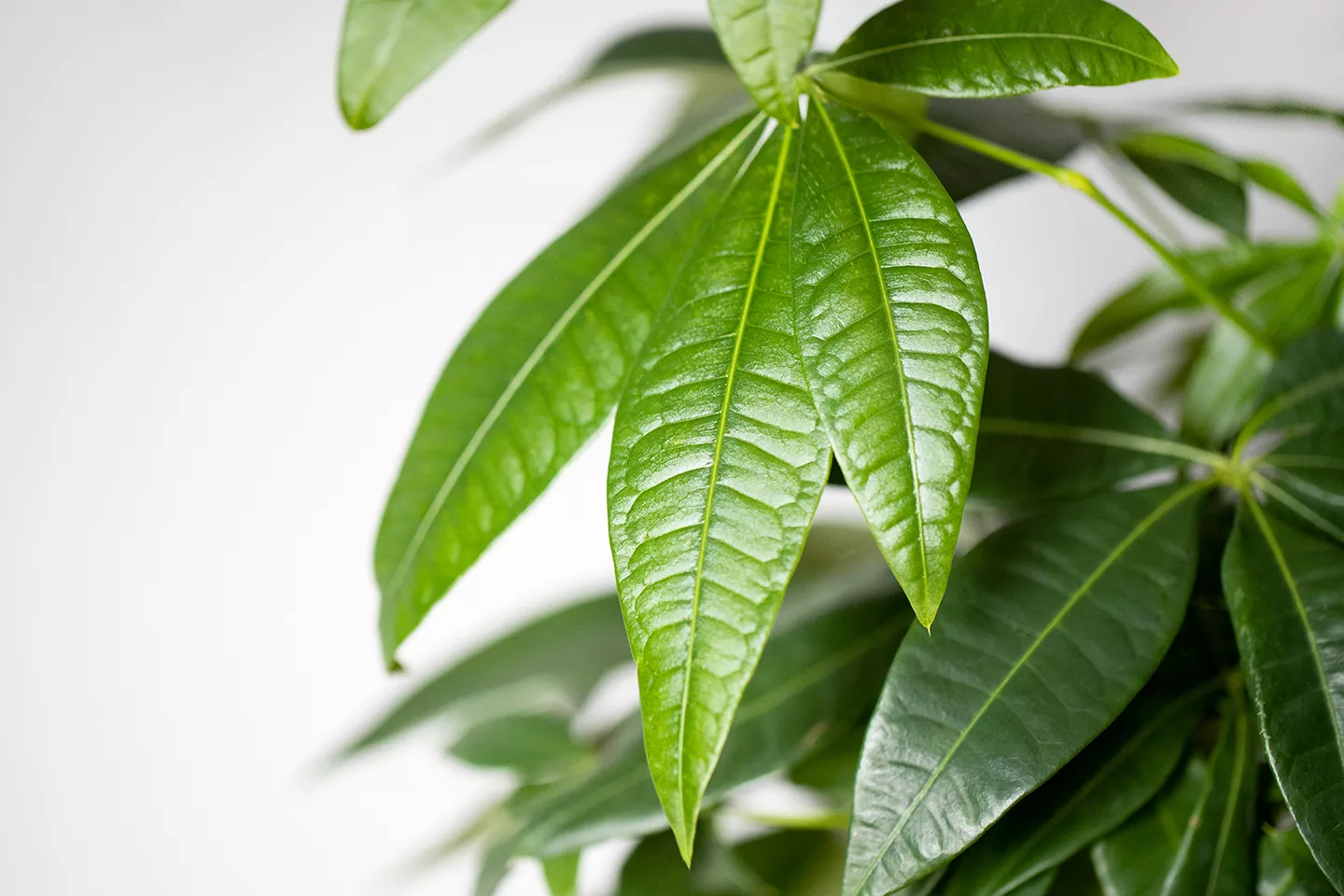
Money Tree Care
Here are the main care requirements for growing a money tree indoors:
- Place the plant in a spot where it gets at least six hours of bright to medium indirect sunlight every day.
- Use well-draining potting mix high in peat moss.
- Water it regularly to keep it evenly moist but reduce watering in fall and winter.
- Fertilize monthly during the growing season in spring and summer.
Light
Outdoors, these plants tolerate direct sunlight, but indoors money trees has specific light requirements. They should be placed in bright to medium indirect sunlight, for at least six hours a day. If you don't have a sunny window that provides enough light, this plant will also do well under fluorescent light.
Soil
Money tree needs a potting medium with excellent drainage, ideally, a potting mix that is peat-moss-based because it provides the necessary soil acidity of a pH between 6.0 and 7.5.
Water
Money trees should be watered often and regularly, each time the top inch of soil is dry. Water more frequently in the spring and summer months and cut down on watering in the fall and winter. While money trees thrive with lots of water, be careful not to overwater them. The best way to avoid overwatering your plant is to ensure that the potting container and the soil have the proper drainage.
Temperature and Humidity
Money trees appreciate mild temperatures and high humidity. Generally, they should be kept between 65 and 75 degrees F and not placed near
any warm or cold drafts. Since home environments are typically dry, increase humidity around your money tree by placing it on
top of a pebble tray filled with water, regularly misting the leaves, or using a small space humidifier.
Fertilizer
Fertilize your plant monthly throughout the spring and summer, when the plant is actively producing new leaves, and every two months throughout the fall and winter. An all-purpose houseplant fertilizer that has been diluted to half-strength will work best.
Pruning is an important part of caring for your money tree, especially if you wish to braid it, train the plant as a bonsai, or control its size. Regular pruning of the lower leaves also helps to encourage new growth at the top of the plant.
How to Braid a Money Tree
Young, healthy money trees with slim and flexible trunks can be braided together and potted as one plant. It is also possible to braid new and flexible stems on existing plants. Stems need to be well over a foot long to successfully braid. Braiding is thought to trap good fortune in its folds. It's a simple process, just like braiding hair, but it also takes practice and a gentle touch. Here is how it’s done:
- Take the plants out of their pots. Snip off excess leaves in the middle of the stem that will interrupt braiding.
- Begin braiding at the base or the top of the plants. Place a twist tie, ribbon, or piece of string around the ends to hold the stems together.
- As you braid, keep it loose; tight braiding damages the plant because as it grows, the stems thicken.
- Release the braid and see if it stays, but if not, gently and loosely tie it with string, a twist tie, or secure the braid with a piece of garden tape.
- Pot the plant in its new home. Stabilize the braided plants with a stake and loosely tie it to the stem with string. Do not put the stake in too deeply, as this risks damaging the roots.
- Braiding will stress the plants so place the pot in a partially shady area for about a month to recover.
- After a few months, cut off the tape or string holding the braid.
Propagating a Money Tree
The easiest way to propagate a money tree is from stem cuttings in the spring or summer when the plant is actively growing.
- Take a cutting at least 4 inches long from a healthy, firm stem, and make sure it includes a couple of nodes.
- Remove a few of the lower leaves and place the cutting in water.
- Once the cutting has rooted, plant it in a pot with potting mix.
Also, check out these detailed instructions for propagating a money tree.
Potting and Repotting a Money Tree
A well-draining, nutrient-rich potting soil is best for money trees. A peat moss-based mixture would be ideal, but a standard quick-draining soil mixture such as regular cactus or flower soil will also work. If the soil requires more drainage, you amend the mixture with perlite.
When choosing a potting container for your tree, always ensure that it has ample drainage holes, as money trees don't like their roots to sit in water and easily develop root rot if proper drainage is not provided. A smaller 6-inch pot is preferred for money trees.
Repotting your money tree is only necessary if you want your tree to grow larger. If you want your money tree to stay small, keeping it in a small pot is one of the best ways to do so.
Common Pests & Plant Diseases
Money trees are susceptible to a range of common houseplant pests when grown indoors, but are particularly prone to mealybugs and scale.1 If an infestation occurs, aim to treat the plant immediately using a mild insecticide or horticultural oil, like neem oil.
Common Problems With Money Tree
Money tree plants are easy enough to grow and maintain but a couple of problems may occur, which are usually alleviated by following some simple care tips.
Yellow or Brown Leaves
Typically yellowing or browning leaves indicate overwatering or underwatering. One way to tell the difference is to see if the leaves are both discolored and curling, which indicates underwatering. It could also mean you have given the plant too much or too little sunlight so you will need to change the plant's location to see if it helps.
Soft Stems/Trunk
If the stems or trunk is becoming too soft and heading towards mushy, you are overwatering the plant.
Leggy Plant
If you notice there's no new leaf growth and the plant looks too leggy, it may mean you are not giving it enough light. A new location may help.
Product Description
Introduction
The Money Tree, scientifically known as Pachira aquatica and commonly referred to as the ‘Guiana Chestnut,’ is a popular indoor plant that’s both beautiful and symbolic. With its distinctive braided trunk and lush green foliage, the Money Tree is thought to bring good fortune and positive energy, making it a favorite choice for homes and offices alike. For Australian plant enthusiasts, the Pachira Braid offers a charming, low-maintenance way to enjoy natural beauty and perhaps even a bit of luck.
Ideal for both beginners and experienced plant lovers, this plant is relatively easy to care for and thrives indoors with moderate light and occasional watering. Its striking appearance and cultural significance make the Money Tree a fantastic addition to any indoor space, enhancing both aesthetic appeal and ambiance.
What Is the Money Tree ‘Guiana Chestnut’ Pachira Braid?
The Money Tree ‘Guiana Chestnut’ Pachira Braid is a tropical indoor plant with a braided trunk, symbolizing prosperity and good fortune in many cultures. Its large, glossy leaves grow in a lush, attractive pattern, making it a standout plant for home décor. The braided trunk is not only visually appealing but also represents unity and interconnectedness, adding a unique touch to any room.
Native to Central and South America, the Money Tree is well-suited to indoor environments and can thrive in low to moderate light, making it an ideal plant for Australian homes, apartments, and workplaces. It’s also a low-maintenance option that requires minimal watering and care, providing an easy, natural way to brighten up indoor spaces.
Key Features of the Money Tree ‘Guiana Chestnut’ Pachira Braid
1. Unique Braided Trunk Design
- Symbol of Prosperity: The braided trunk is often associated with good fortune, adding a touch of positive energy to any space.
- Elegant and Decorative: The trunk is carefully braided to create a unique look, making it an attractive focal point in any room.
- Promotes Tranquil Ambiance: With its elegant form, the Pachira Braid enhances a sense of calm and natural beauty, perfect for both home and office décor.
2. Lush, Glossy Foliage
- Vibrant Green Leaves: The large, green leaves have a glossy finish and grow in a star-shaped pattern, providing a lush, tropical look.
- Improves Indoor Aesthetics: The vibrant foliage and unique structure make this plant a natural way to elevate any room’s aesthetic appeal.
- Symbolic of Positive Energy: In Feng Shui, the Money Tree’s leaves are thought to capture and channel good energy, enhancing the overall atmosphere.
3. Easy Care and Low Maintenance
- Low Water Requirements: The Money Tree requires minimal watering, typically once every 1-2 weeks, making it easy to care for.
- Thrives in Moderate Light: This plant can adapt to low to moderate light conditions, making it ideal for various indoor spaces.
- Hardy and Resilient: Known for its resilience, the Money Tree can tolerate a range of indoor conditions, making it suitable for beginners.
4. Natural Air Purifier
- Improves Indoor Air Quality: The Money Tree helps purify indoor air, filtering out toxins and contributing to a healthier living environment.
- Enhances Humidity: Its natural properties can slightly improve indoor humidity, making it beneficial for dry spaces.
- Contributes to Wellness: Cleaner air and balanced humidity can positively impact overall health and well-being.
5. Symbol of Good Fortune and Growth
- Ideal for Feng Shui: Often used in Feng Shui practices, the Money Tree is believed to attract prosperity, growth, and positive energy.
- Thoughtful Gift Option: With its symbolic meaning, the Money Tree makes a wonderful gift for housewarmings, business openings, or special occasions.
- Versatile Placement Options: Suitable for any room, from living spaces to workstations, it brings a touch of luck and beauty wherever it’s placed.
Benefits of Owning a Money Tree ‘Guiana Chestnut’ Pachira Braid
Low-Maintenance Beauty for Any Space
The Money Tree is easy to care for, making it an excellent choice for those new to plant care or with busy lifestyles. Its minimal watering needs and adaptability make it a worry-free addition to any room, adding elegance without high maintenance.
Enhances Indoor Air Quality and Wellness
Beyond aesthetics, the Money Tree contributes to healthier indoor air by filtering toxins. Its subtle humidifying properties can also help create a balanced indoor environment, promoting overall wellness and comfort.
Symbolic of Prosperity and Positive Energy
The Money Tree’s association with good fortune and prosperity makes it a popular choice for those interested in Feng Shui or simply looking to invite positivity into their space. Its presence can create a serene, uplifting ambiance, making it more than just a decorative plant.
Suitable for Home and Office
Whether placed in a home or office, the Pachira Braid brings an elegant touch that fits seamlessly with modern and traditional décor. Its symbolic meaning and aesthetic appeal make it versatile, providing both beauty and a positive vibe to any environment.
How to Care for the Money Tree ‘Guiana Chestnut’ Pachira Braid
- Place in Moderate Light: Position the plant in a location with indirect sunlight or moderate light. Avoid direct sunlight, as it can scorch the leaves.
- Water Sparingly: Water the plant once every 1-2 weeks, ensuring the soil is slightly dry between waterings. Overwatering should be avoided, as it can lead to root rot.
- Rotate Periodically: To encourage even growth, rotate the plant every few weeks so all sides receive adequate light.
- Fertilize Occasionally: During the growing season (spring and summer), apply a balanced, water-soluble fertilizer once a month to support healthy growth.
- Keep at Room Temperature: The ideal temperature for the Money Tree is between 18-24°C, avoiding cold drafts and extreme temperature changes.
Cleaning and Maintenance Tips
- Dust the Leaves: Regularly wipe the leaves with a damp cloth to remove dust, which helps the plant absorb light effectively.
- Prune Dead Leaves: Trim any yellow or dead leaves to maintain the plant’s appearance and promote new growth.
- Check for Pests: Occasionally inspect the plant for pests and treat with natural insecticidal soap if necessary.
- Avoid Overwatering: Always check the soil moisture before watering, ensuring it isn’t too damp to prevent root rot.
Why Choose the Money Tree ‘Guiana Chestnut’ Pachira Braid?
The Money Tree ‘Guiana Chestnut’ Pachira Braid offers an attractive combination of style, symbolism, and ease of care, making it an ideal indoor plant for both home and office spaces. Unlike many high-maintenance plants, the Money Tree is resilient and thrives in a variety of indoor conditions, providing a low-effort way to enjoy the benefits of greenery. Its elegant braided trunk and lush foliage add sophistication to any room, while its symbolic meaning of prosperity and positive energy enhances the ambiance.
Perfect for Australian plant lovers looking for a beautiful, meaningful addition to their space, the Pachira Braid embodies natural beauty and simplicity. Whether you’re a beginner or an experienced plant owner, the Money Tree is a wonderful choice for anyone wanting to enrich their indoor environment with nature and a touch of good fortune.

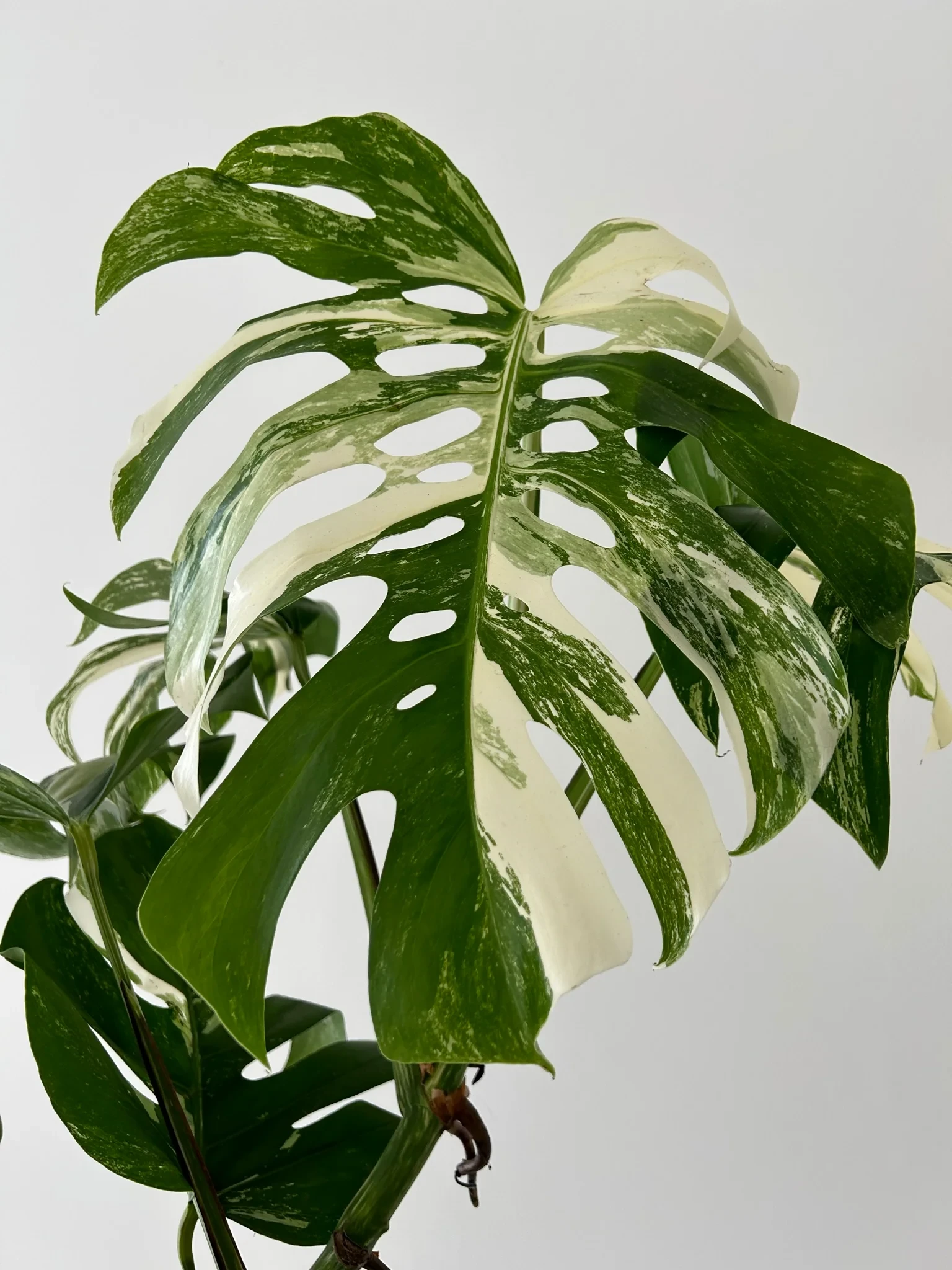
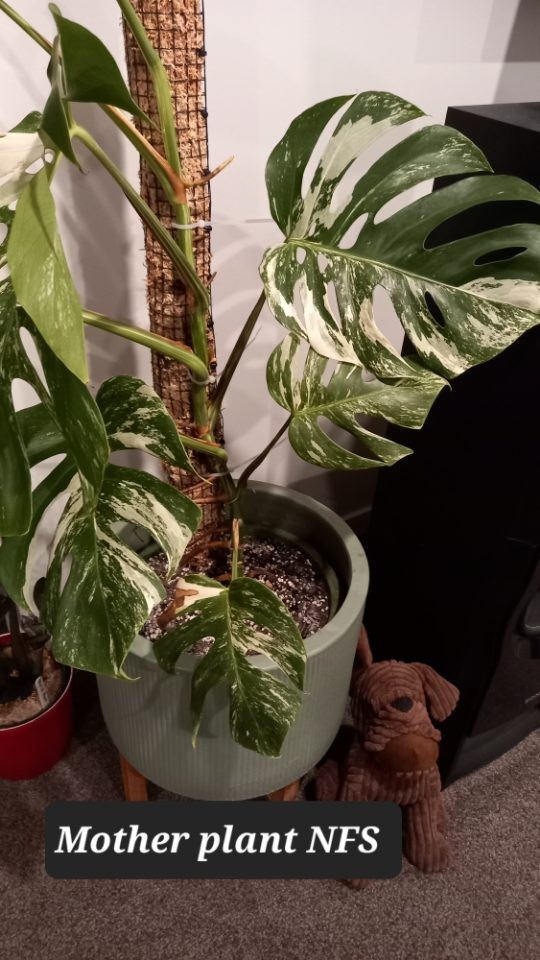

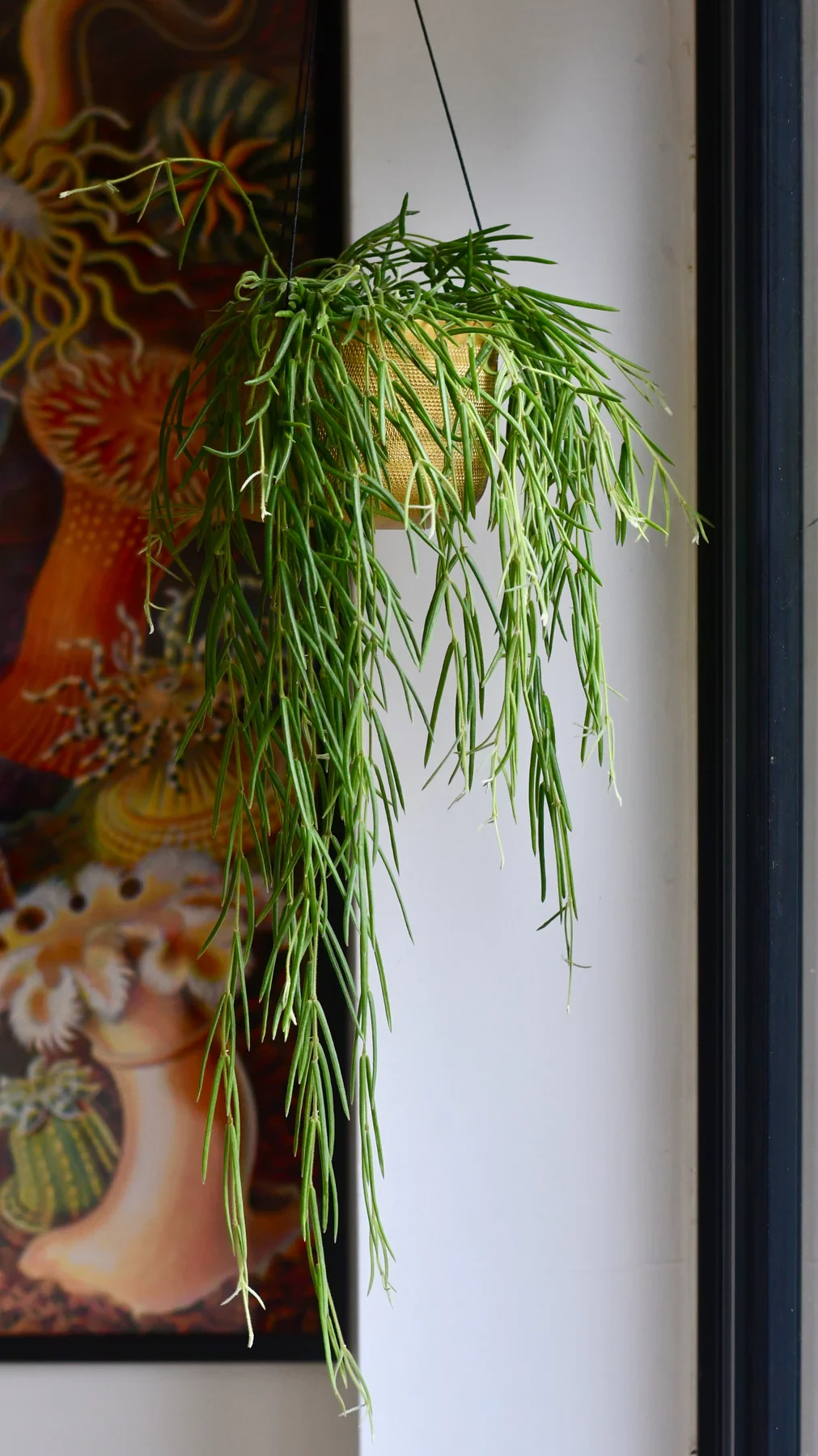
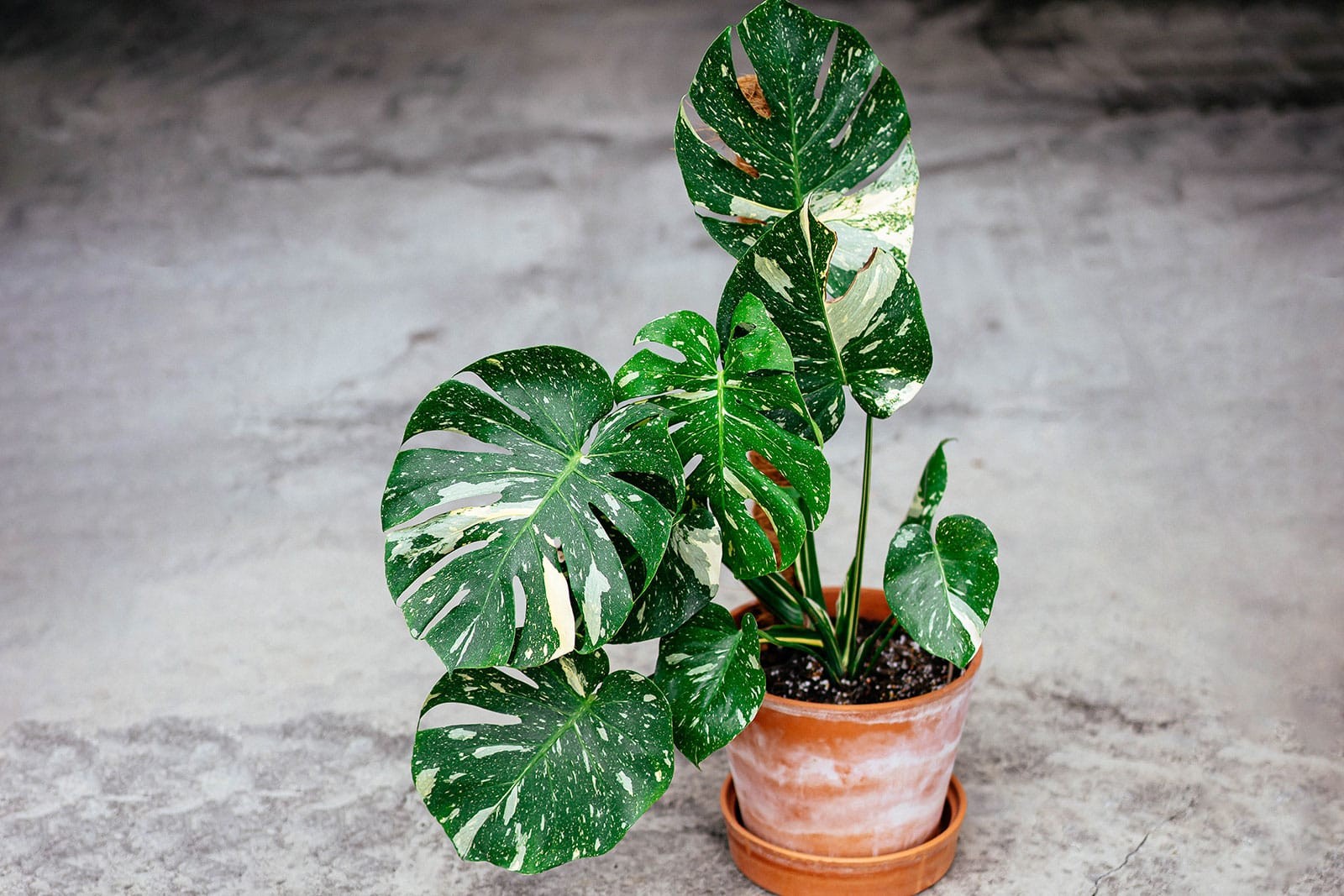
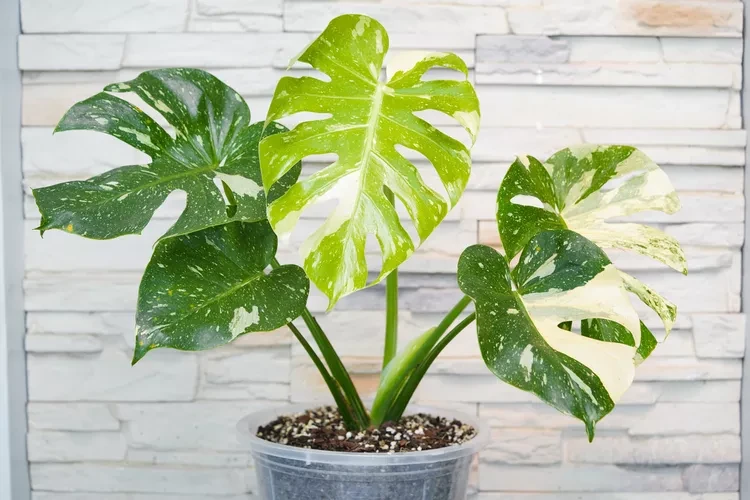
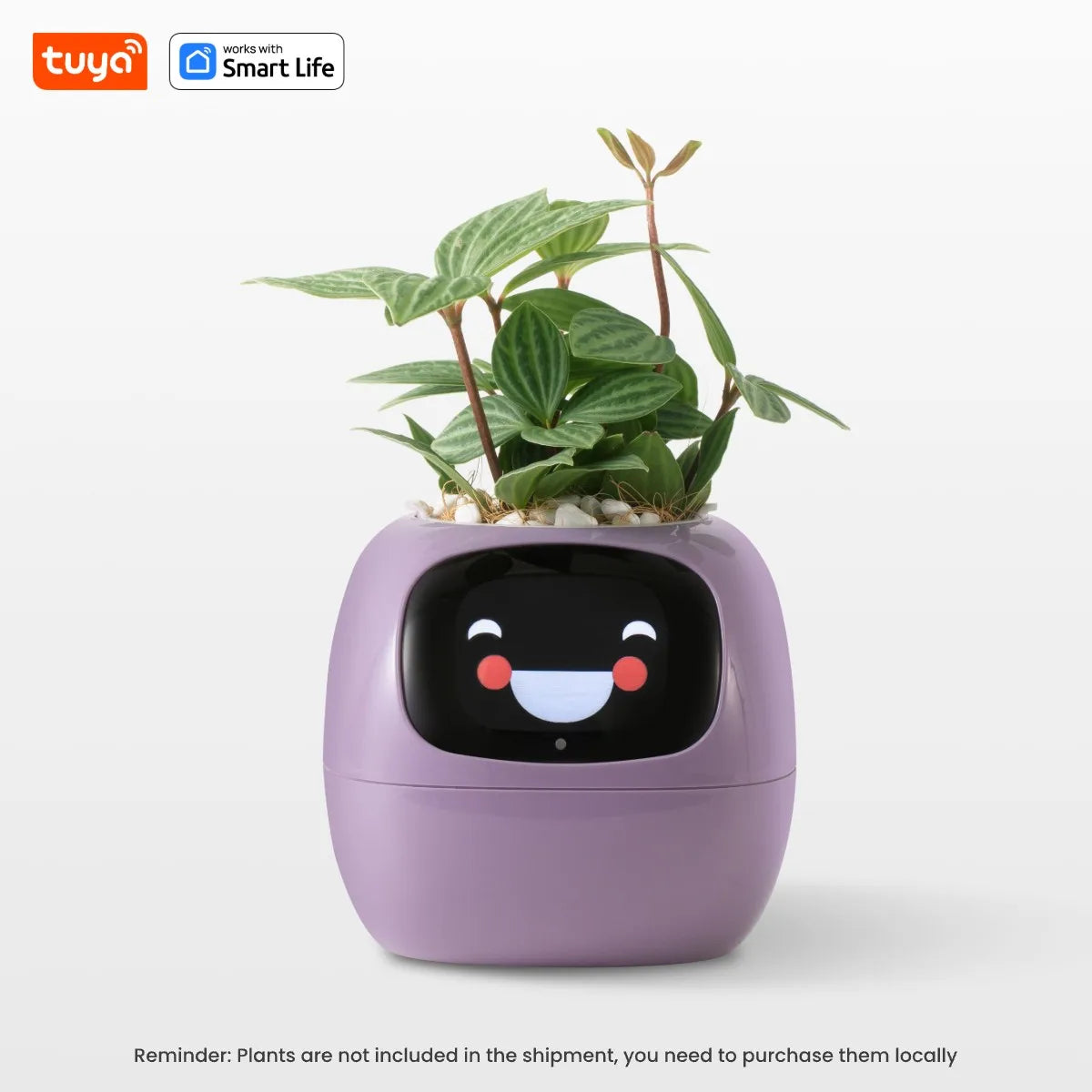
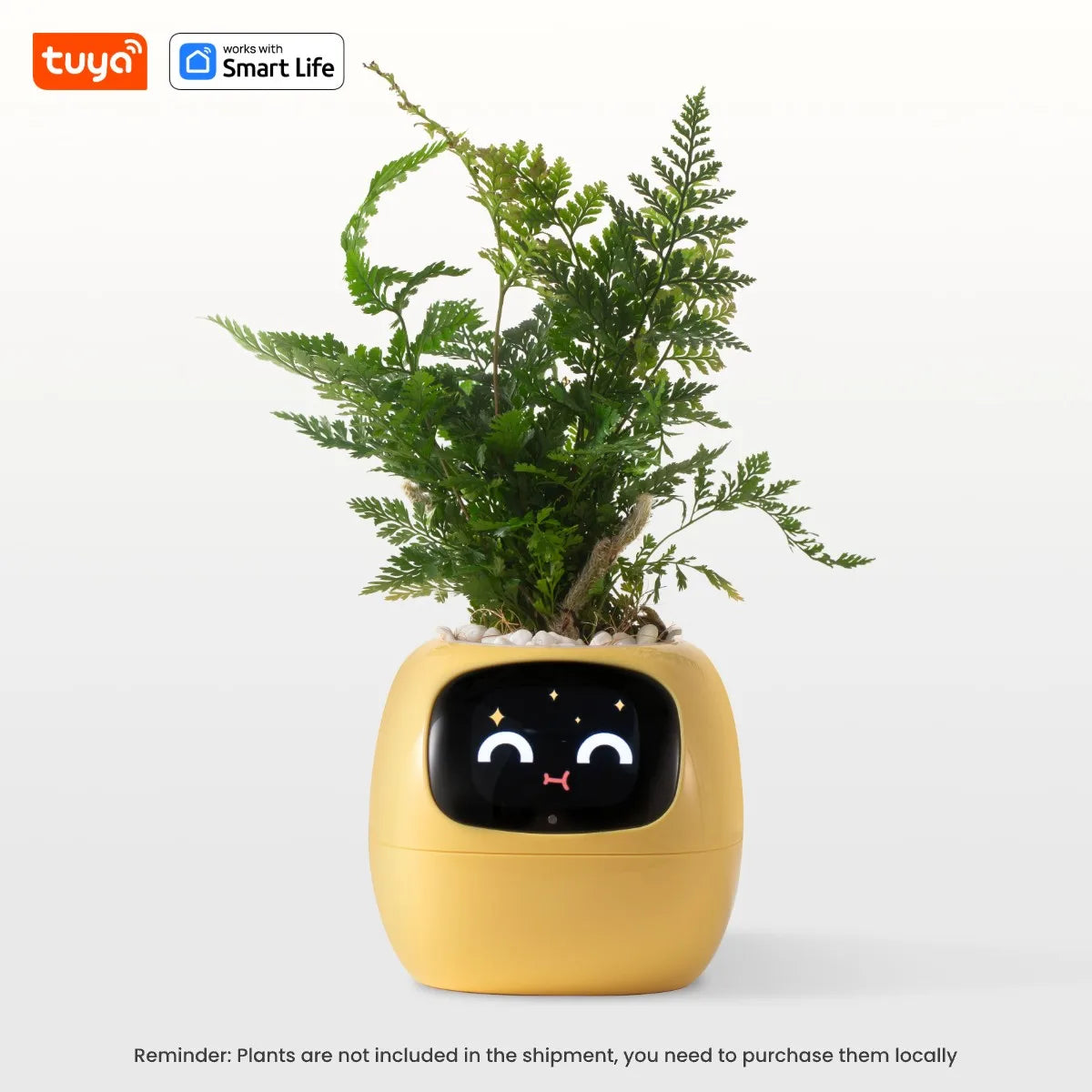

.jpg)

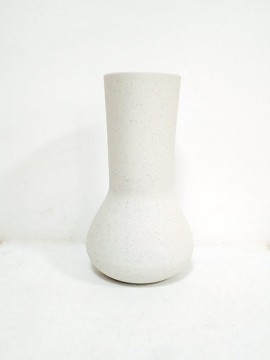
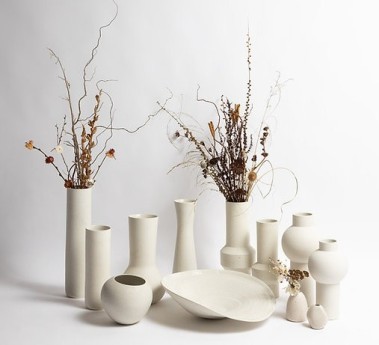
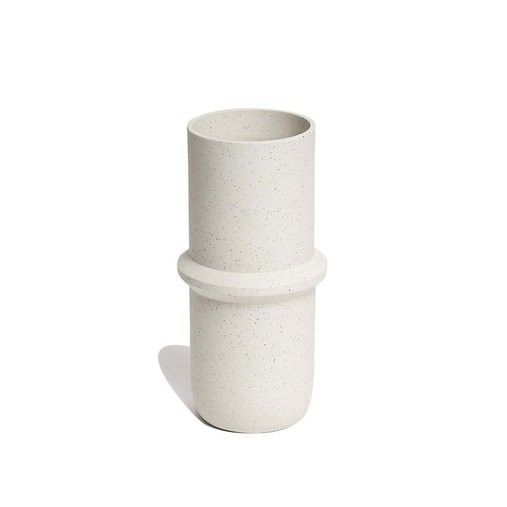









.jpg)
















































ulva-Logo.jpg)
